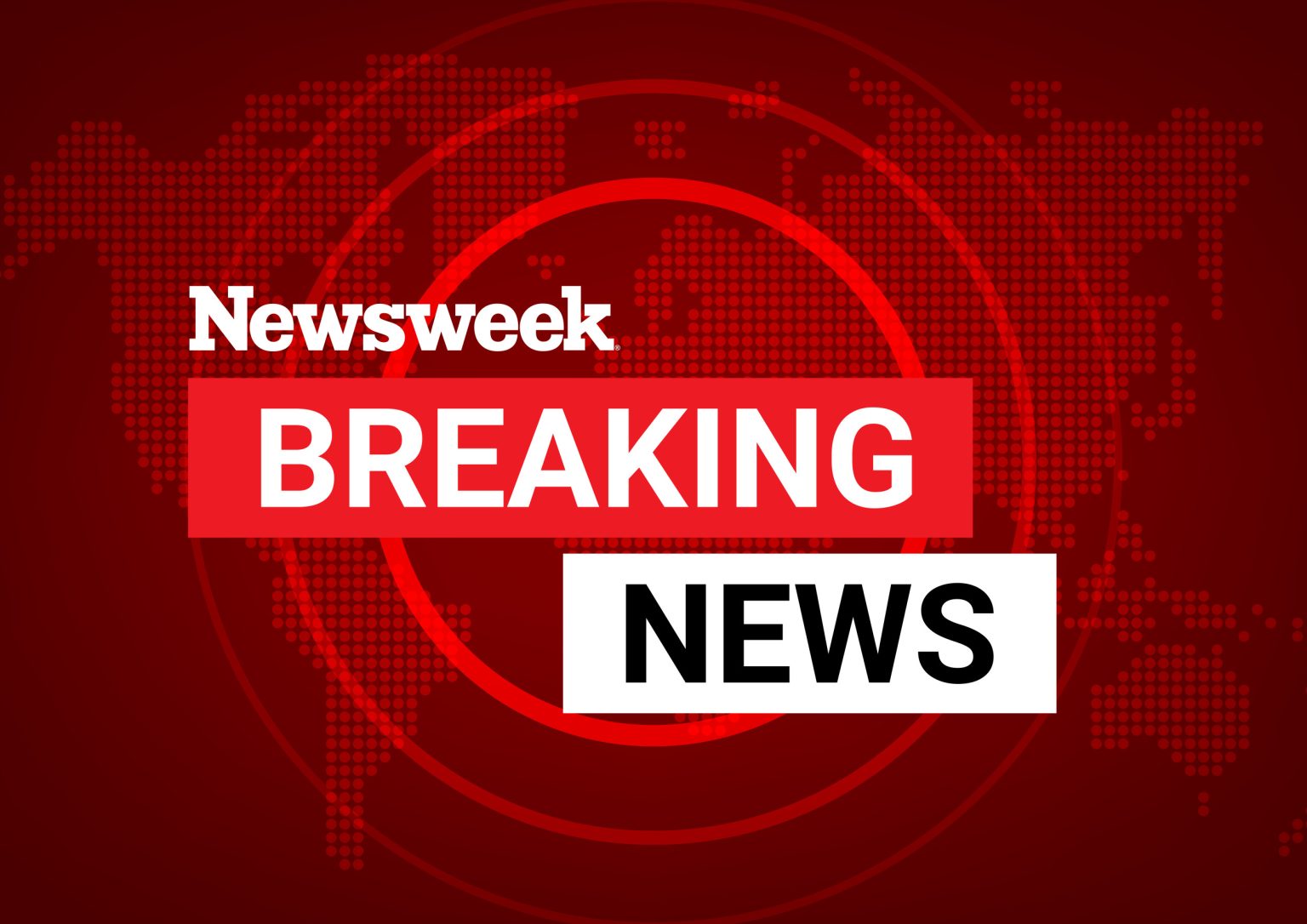Incident Summary and Immediate Aftermath
On Tuesday, Senate Minority Leader Mitch McConnell experienced a fall at a Senate Republican luncheon on Capitol Hill, resulting in a facial scratch. Following the incident, medical personnel were observed entering McConnell’s office. Initial reports from Senator John Barrasso of Wyoming indicated that the injury was minor, described as "a small scratch." Senator John Thune of South Dakota also provided reassurance, stating that McConnell was "fine." The incident, while seemingly minor, prompted immediate attention given McConnell’s prominent role in the Senate.
Context of McConnell’s Health and Leadership
This fall comes amidst ongoing concerns about the health of aging political leaders. McConnell, at 81 years of age, has held the position of Senate Republican leader for many years, making him a central figure in American politics. Any health issue affecting him naturally draws significant public and media scrutiny, as it could potentially impact legislative processes and political dynamics within the Republican party. His recent recovery from a concussion earlier in the year adds another layer of concern to this incident.
Potential Implications and Speculation
While initial reports suggested a minor injury, the incident raises questions about McConnell’s overall health and ability to continue in his demanding leadership role. The fall could be an isolated incident, or it could signal underlying health concerns that require further evaluation. Speculation may arise regarding the need for contingency plans within the Republican party should McConnell’s health necessitate a temporary or permanent change in leadership. The incident also highlights the broader discussion about age and health in political leadership positions.
Media Coverage and Public Response
News of McConnell’s fall quickly spread through various media outlets, generating significant public interest and discussion. The initial reports, while reassuring, still prompted concerns and speculation. Social media platforms became hubs for discussions ranging from expressions of concern for McConnell’s well-being to political analyses regarding the potential implications for Republican leadership. The incident underscores the heightened attention paid to the health of high-profile political figures in the age of instant communication and social media.
Significance of Health Transparency in Political Leadership
The incident highlights the importance of transparency regarding the health of political leaders. While respecting an individual’s privacy, the public has a legitimate interest in understanding the health status of those in positions of power, as it can directly affect their ability to perform their duties. Open communication about health issues can help prevent misinformation and speculation, while allowing for informed discussions about potential contingencies and succession plans. Balancing privacy with the public’s right to know remains a complex issue in such situations.
Looking Ahead: Monitoring and Updates
As more information becomes available, it will be crucial to monitor McConnell’s condition and any potential impact on his leadership role. Further medical evaluations and statements from McConnell’s office will be essential for a clearer understanding of the situation. The incident serves as a reminder of the inherent uncertainties of health, particularly in individuals of advanced age, and the importance of preparedness for potential leadership transitions in political institutions. The Republican party will likely need to address any concerns about succession planning and demonstrate unity in navigating any potential challenges arising from this incident. In the broader context, this event prompts reflection on the physical demands of political leadership and the need for open communication about health issues affecting public figures.

